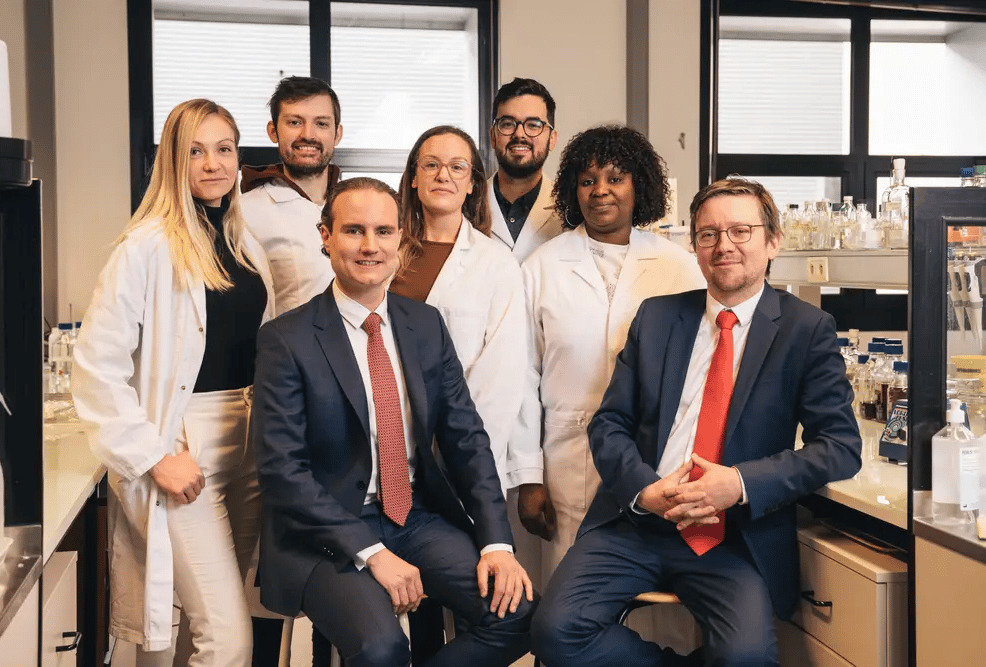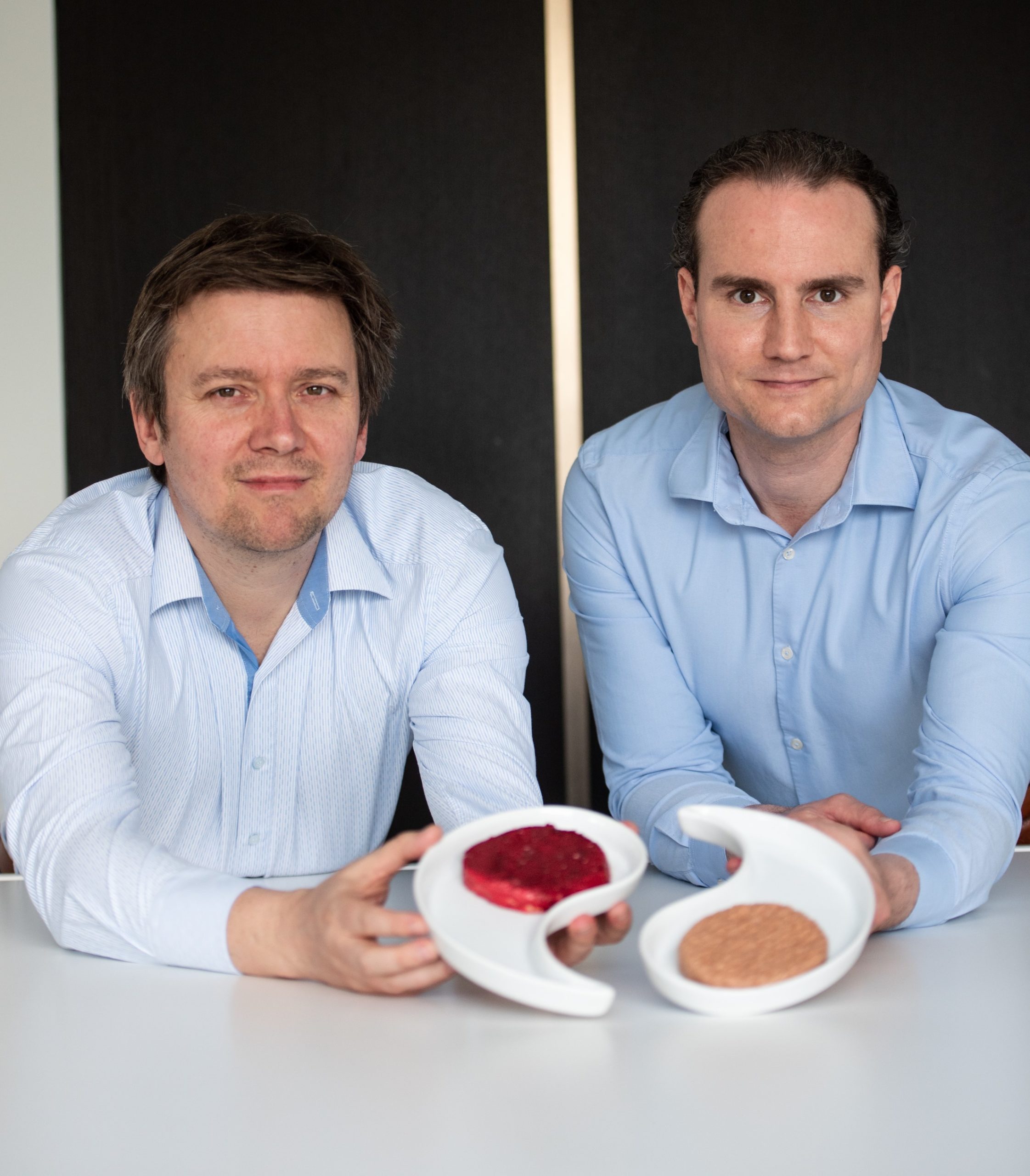Paleo Raises €12 Million for Precision Fermentation That ‘Lifts Obstacles’ to Realistic Alt Meat
3 Mins Read
Belgian precision fermentation company Paleo has secured €12m in a Series A funding round to accelerate its myoglobin use in plant-based meat and fish.
The funding was led by DSM Venturing and Planet A Ventures, alongside Gimv, SFPIM Relaunch, Beyond Impact, and Siddhi Capital. According to Paleo, the first plant-based foods containing its novel ingredients could be on the market as early as 2025.
Fermented myoglobin
Paleo’s myoglobin is a particularly interesting development in the alternative protein sector, and one of the first to use the tech in the alternative meat sector — most have focused on dairy. Paleo says its tech could provide a more authentic meat and fish alternative, particularly as the category aims to attract flexitarians who still want the conventional meat experience but are also seeking out more sustainable options.
“Adding our ingredients to plant-based meat alternatives is a game changer that brings the experience of ‘real’ meat,” Hermes Sanctorum, co-founder and CEO of Paleo, said in a statement. “You can smell it, you can taste it, and you can see it because our ingredients provide that vibrant red color that transforms into caramelized brown when you grill it. And no animal is involved whatsoever defining our ingredients as vegan.”

Precision fermentation is proving to be one of the most resilient segments in the alternative protein category. The industry has gained momentum in recent years, proving to be both versatile and scalable. The recent launch of the Precision Fermentation Alliance has given the industry a more unified voice, aimed at better promoting the use of the novel tech in developing alternative proteins.
“The market for plant-based meat and fish is ready to grow further, provided that consumers find the taste convincing. There’s only so much you can do with artificial coloring and additives,” Sanctorum said. “Paleo developed a technology to produce ingredients that lift these obstacles.”
“The food industry has barely scratched the surface of what is possible with precision fermentation, and Paleo will be at the forefront of this revolution in food production,” said Andy de Jong, co-founder and COO.

“Transitioning to a plant-based diet is crucial for accomplishing our net-zero objectives,” Jan Christoph Gras, Partner at Planet A Ventures, commented. “Animal agriculture accounts for nearly 15 percent of total global emissions, while also driving biodiversity loss, water consumption, and nitrogen and phosphorus pollution. With its innovative precision fermentation technology, Paleo has broken down barriers to the widespread adoption of plant-based meat alternatives. Its realistic taste and highly functional protein make it an attractive option for even the most skeptical consumers of meat and fish substitutes.”
According to a report by Meticulous Research, the global alternative protein market is projected to reach $17.9 billion by 2025. This growth is being driven by increasing awareness of the environmental impact of meat production, as well as concerns over animal welfare and health. The report highlights that plant-based proteins are expected to dominate the alternative protein market over the next five years, due to their lower cost and wider availability.




